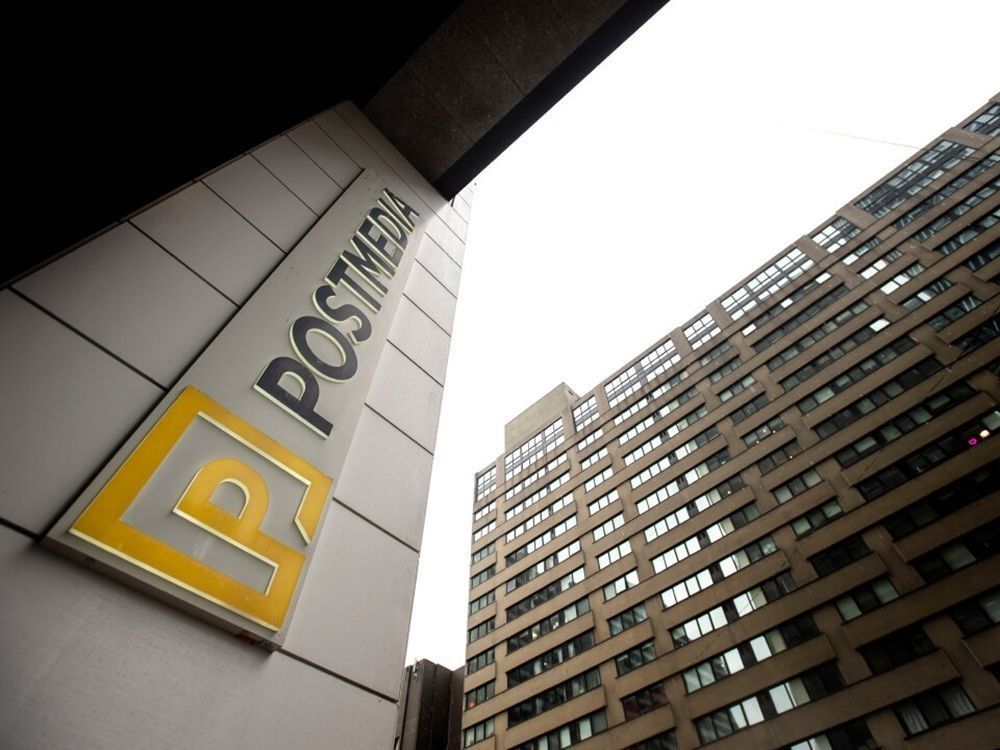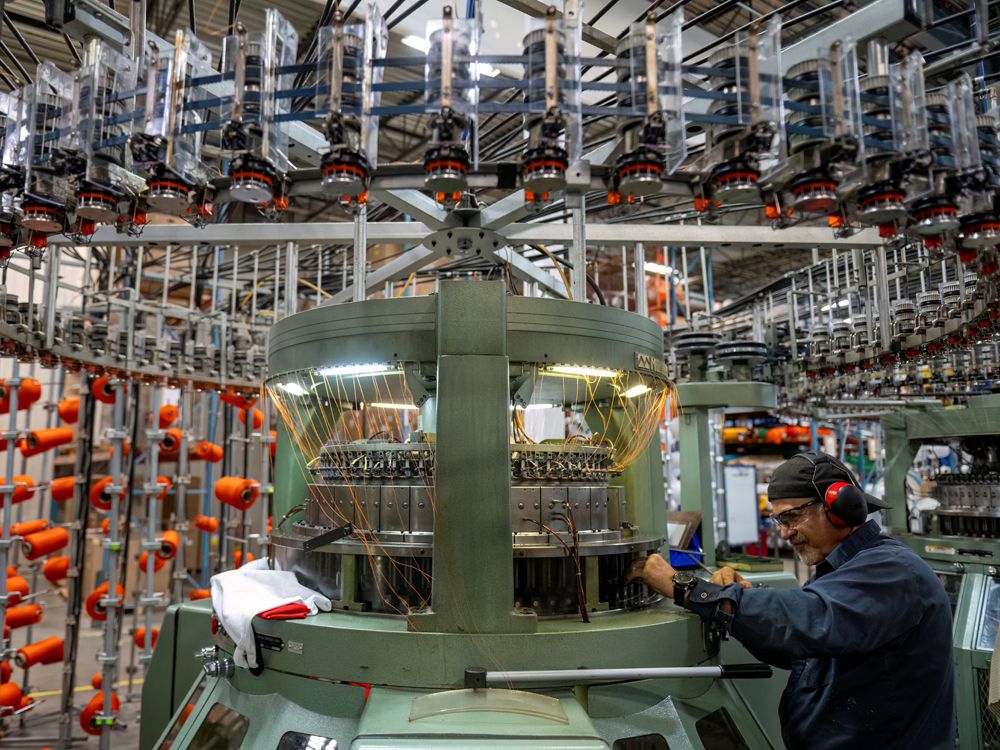Kevin Carmichael: Canada’s big banks are in no position to complain about unequal treatment

Plan for a tax on profits has raised an outcry, but banks have long benefited from policy advantages

Article content
Advertisement
Story continues below
This advertisement has not loaded yet, but your article continues below.
Article content
So said Canadian Imperial Bank of Commerce chief executive Victor Dodig after Prime Minister Justin Trudeau announced that he would increase taxes on big banks and insurers if re-elected on Sept. 20.
No doubt. When considering potential targets for politicians hunting for points with eat-the-rich voters, they don’t come fatter and slower than the banks. Dodig made his remark on a call with analysts after reporting that his bank had earned a profit of $1.73 billion in the quarter that ended July 31, compared with $1.17 billion a year earlier. Royal Bank of Canada, the alpha in the country’s banking oligopoly, earned more than $4 billion. The other four big lenders did similarly well. They had a good crisis, while many others did not. What politician could resist taking a shot?
Advertisement
Story continues below
This advertisement has not loaded yet, but your article continues below.
Article content
Still, Trudeau’s plan to raise $2.5 billion a year by adding a three-per-cent tax on profits in excess of $1 billion seemed to catch many observers by surprise. It probably shouldn’t have. The Conservatives pledged early in the campaign to order the Competition Bureau to investigate banking fees, an important source of the revenue for financial institutions, and the New Democratic Party’s platform includes several measures that would increase taxes on the richest individuals and corporations. The Liberals were at risk of becoming the party of the Canadian Establishment by default. They had to do something.
“The proposed tax increase would reduce income that would otherwise benefit the majority of Canadians who are bank shareholders, either directly through share ownership or indirectly through pension and mutual funds,” the Canadian Bankers Association (CBA) said in a statement after Trudeau’s announcement on Aug. 25.
Advertisement
Story continues below
This advertisement has not loaded yet, but your article continues below.
Article content
The CBA also argued that singling out specific industries for unequal treatment was bad for the economy. The lobby group presumedly meant that neutral policy ensures that money flows to companies with the most potential to turn a profit, not those with some sort of tax or regulatory advantage. It’s a good argument, but it’s an odd one for the banks to make, considering they benefit from a range of subtle policy advantages, such as ownership rules that effectively protect them from international competition and an unwritten rule that the government would bail them out if they ever got into trouble.
Canada’s banks formed a firewall that kept the COVID-19 crisis from causing even more damage. They were also uniquely positioned to profit from the rebound. They churned mortgages — many of them insured by taxpayers via Canada Mortgage and Housing Corp. — as the housing market exploded and collected fees as equity markets surged to new records. Now, they are adding to their profits by reclaiming some of the money they had set aside to cover a wave of bankruptcies that many assumed would follow the economy’s collapse in the spring of 2020. That wave never came, mostly because generous rescue benefits from the federal government kept businesses and households afloat. You might call it a precautionary bailout.
Advertisement
Story continues below
This advertisement has not loaded yet, but your article continues below.
Article content
It’s fair to question the extent to which the banks are contributing to the recovery. Non-mortgage credit, a proxy for business lending, is growing at its weakest pace since 2010. The banks will say that’s because scared executives have been unwilling to borrow. Demand explains part of it. But it’s also rather easy to find an entrepreneur who will tell you about how difficult it is to coax one or more of the big banks to take a risk on a company that doesn’t have a long credit history or lots of tangible collateral.
Advertisement
Story continues below
This advertisement has not loaded yet, but your article continues below.
Article content
FP Finance’s Stephanie Hughes had a go at estimating what each of the Big Six banks would owe the federal government if Trudeau is re-elected and proceeded with his plan to apply a three per cent surtax on profits over $1 billion. Her estimates have Royal paying about $335 million on the high end, while National Bank, the smallest, would be on the hook for about $40 million so far this year.
The banks and their fans will call that confiscatory; which, ironically, is how their clients often describe the fees they have to pay for basic financial services. National said on Aug. 23 that it was scrapping its commissions for online trading, a rare break from the oligopoly’s tendency to cluster around similar prices for similar services. If National’s apparent willingness to use some of its outsized profits to gain market share wasn’t so unique, the finance industry would be a harder target for vote-hungry politicians.
Alas, its leaders for decades have preferred to exploit their institutional advantages, while taking advantage of Ottawa’s preference for financial stability over a more competitive system that could lead to more frequent booms and busts. The biggest banks are in no position to complain about unequal treatment. If they find it harder to generate a profit after the election, it will be because the political class has decided to knock the legacy banks off their pedestal.
• Email: [email protected] | Twitter: CarmichaelKevin
Advertisement
Story continues below
This advertisement has not loaded yet, but your article continues below.








